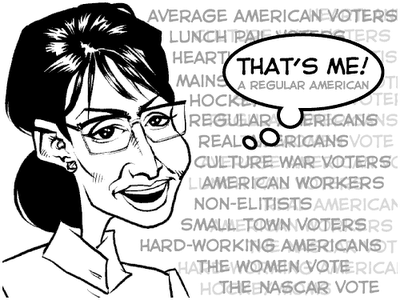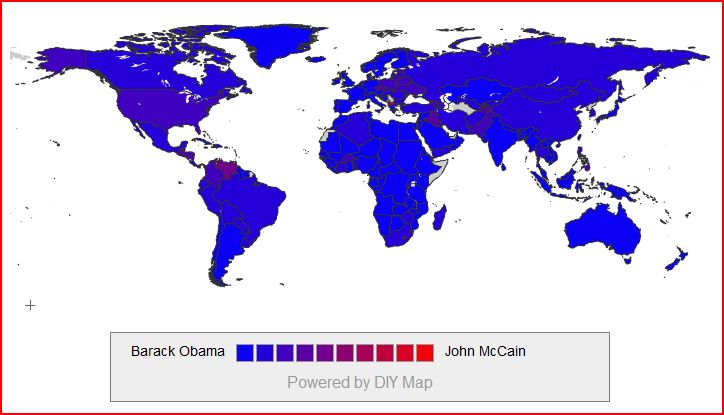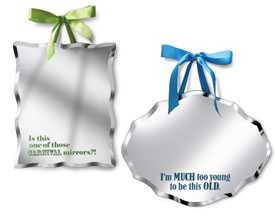In her book, The Averaged Americans, Sarah Igo talks about the development of statistical methods. Their development allowed for the emergence of the idea of an “average American.” An idea that carried moral weight; “average” was “good.”
Looking at the famous “Middletown” study, the Kinsey Reports, and the invention of polling, she discusses how methods aimed at identifying the average Amerian often reproduced preconceived notions of who was a real American. In the Middletown study, Blacks were ignored because the researchers decided they didn’t count as average Americans. Similarly, polling methodology is aimed at getting a representative sample, but representative of who? Deciding who is being over- or under-represented in a sampling strategy is always a choice.
The invention of the “average American” as an idea is interesting in light of the McCain/Palin rhetoric about “main street” and “real America” and the way in which being a “typical” American is being framed as morally good (image from Stuff White People Do)
.

As with Middletown, the idea of the average American used by McCain/Palin is still racially-coded. We Are Respectable Negroes lists 69 terms–including “regular folks,” “responsible Americans,” and “good hard-working people”–used by speakers in this election to mean middle-class white person. Here are Palin’s words:
[youtube]http://www.youtube.com/watch?v=Vob9vFvojN8[/youtube]
Which brings me to Joe the Plumber. Joe the Plumber, of course, is supposed to represent an “average” American. But every in-group needs an out-group and, like all incarnations of the average, Joe has to be differentiated from the extremes, the non-average, the tails of the distribution: the blacks, the traitors, the poor, the Muslims, etc. Here he is making exactly such an argument about Obama:
[youtube]http://www.youtube.com/watch?v=xw2Wczp9yOc[/youtube]
Indeed, convincing us that Obama is Other has been a central part of the McCain/Palin strategy (see here, here, a here, a here, here, here, here).









